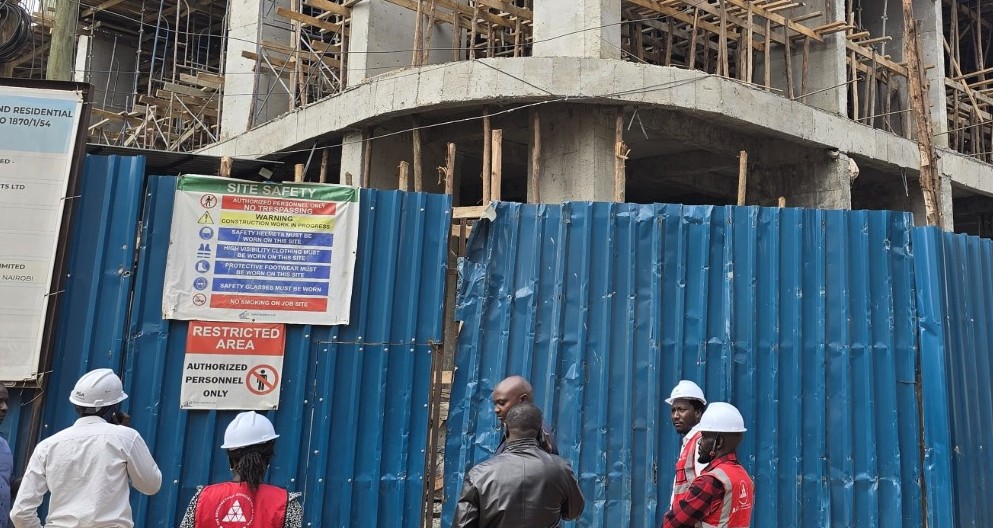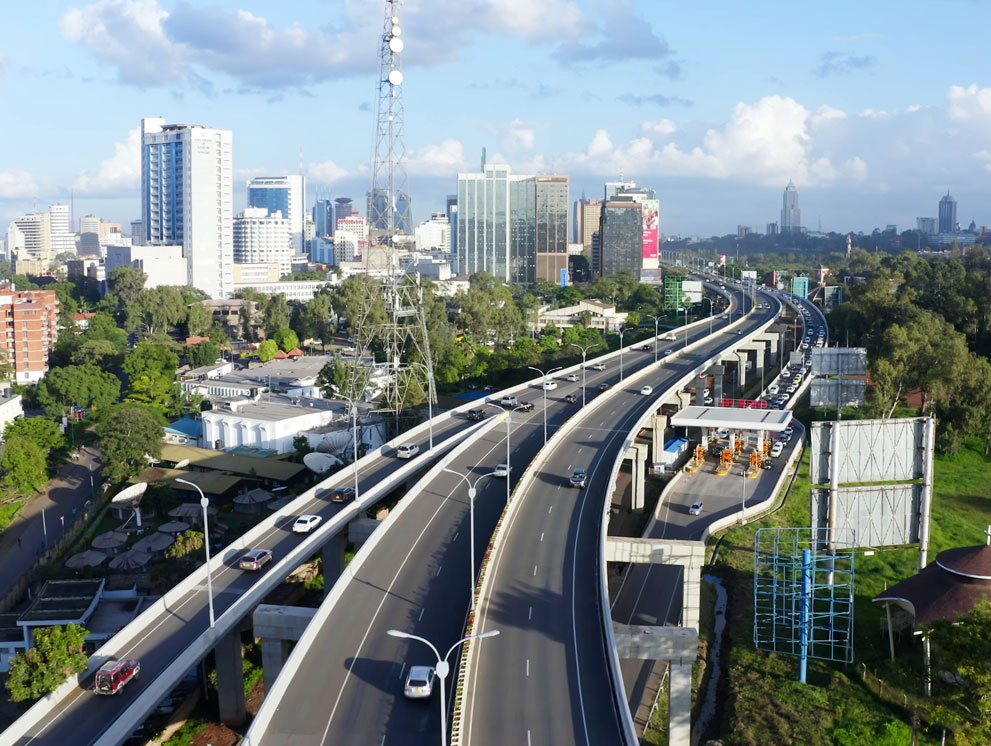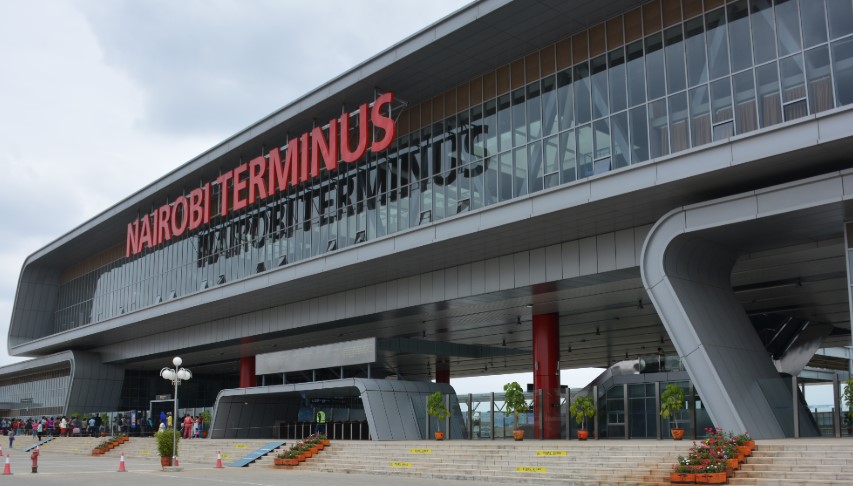Slowdown hits construction sector as fewer buildings being approved in Nairobi

Industry analysts suggest that the decline in new building projects is primarily driven by expectations of reduced demand in the coming months.
Fewer buildings are being approved for construction in Nairobi, with the value of approvals dropping sharply to Sh8.6 billion in January 2025, the lowest in nearly two years.
Data from the Kenya National Bureau of Statistics (KNBS) shows a significant 60.1 per cent decline from December’s Sh21.4 billion, highlighting a slowdown in the construction sector.
More To Read
- Kenya strides towards gender parity with notable gains in women's inclusion
- Kenya to start publishing core inflation data to boost targeting
- Most residents of Wajir, Lamu and Isiolo unaware of state's affordable housing programme – KNBS report
- 20 million Kenyans at risk of hunger as they struggle with economic challenges – KNBS
Experts attribute this to low demand, delays in approval processes and uncertainty over new zoning regulations.
The last time approvals were this low was in May 2023, highlighting a sustained contraction in the construction sector. In January, residential projects accounted for Sh6.1 billion of the total approvals, while non-residential developments made up Sh2.5 billion.
The slump comes as Kenya’s construction sector registered two consecutive quarters of contraction last year — a trend not seen in 22 years, dating back to the era of former President Daniel Moi.
Industry analysts suggest that the decline in new building projects is primarily driven by expectations of reduced demand in the coming months.
Additionally, uncertainty surrounding the implementation of a new zoning policy in the city could be discouraging investment.
Last September, the Architectural Association of Kenya (AAK) raised concerns over a lack of clear guidelines on approvals, which has caused delays in project initiation.
"Delayed approvals up to more than one year have led to losses since one cannot start the project on time," the association said.
The Nairobi County government is currently considering a zoning policy that could permit buildings in the central business district, Upper Hill and other key commercial areas to reach heights of up to 75 floors.
However, with lingering uncertainty over the policy, developers may continue to be cautious before committing to new projects.
Recently, the Nairobi County Government reduced the building approval timeline from six months to two weeks in a bid to eliminate bureaucratic delays that have long hampered development.
The inefficiencies in the previous system had forced developers to endure long wait times, increased costs, and, in some cases, to resort to informal methods to expedite the process—leading to unsafe and non-compliant structures.
During a meeting with the Kenya Property Developers Association (KPDA) and members at City Hall, Nairobi Governor Johnson Sakaja directed that all building approvals be completed within 14 days.
"By reducing the approval timeline to be done after every two weeks, property developers can expect a more timely and predictable process, allowing them to plan and execute their projects more effectively," Sakaja said.
The initiative aims to streamline operations in the construction sector by promoting compliance with safety standards while reducing unnecessary delays.
Nairobi has recorded multiple building collapses due to non-compliance with regulations, resulting in loss of lives and property.
According to Sakaja, enforcing a structured approval process will not only enhance efficiency but also ensure that developers adhere to required building standards, ultimately fostering a safer and more robust construction sector.
Top Stories Today





















